
- Article
- Article
Louis Wain’s cryptic cats
Once famous for his quirky cat illustrations, today Louis Wain is often portrayed as a ‘psychotic’ artist whose illness can be mapped out through his drawings. Here Bryony Benge-Abbott takes a more rounded view.

- Article
- Article
Words of hope and anger
Author and spoken word poet Penny Pepper remembers her childhood dreams, and speaks out against the barriers society uses to prevent disabled people from fulfilling their potential.

- Article
- Article
Guerrilla public health
From safe-use guides to needle exchange schemes, Harry Shapiro reflects on 40 years of drug harm reduction in the UK.
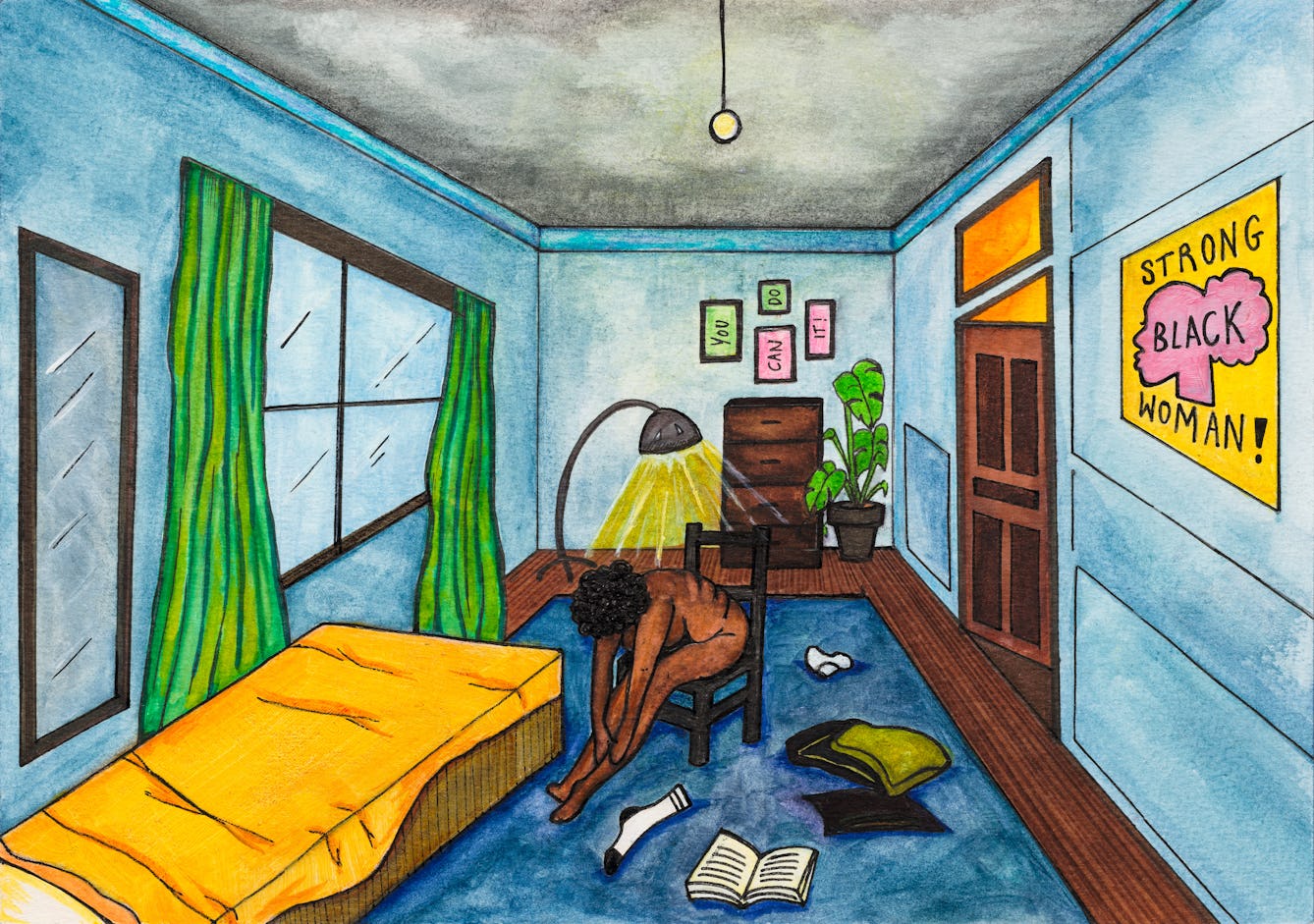
- Article
- Article
Don’t call me a strong Black woman
Her upbringing taught Jaydee Seaforth that she could never show pain or weakness, even when her internal distress was extreme. Find out how she learned to listen to her body.

- Article
- Article
The mystery of the malignant brain
In 1884 a neurologist successfully used a patient’s symptoms, plus a new kind of map, to locate a brain tumour. Discover how his best-laid plans for treatment worked out.
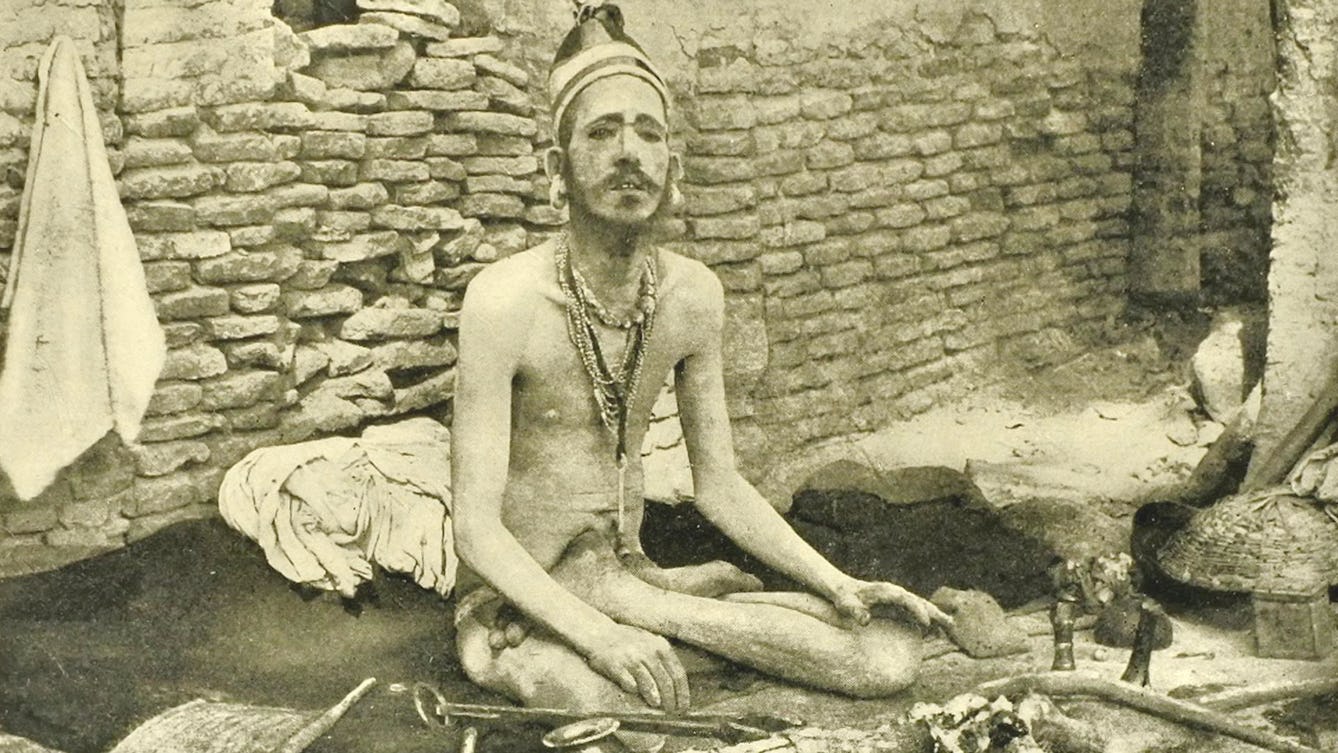
- Article
- Article
The yogi as hermit, warrior, criminal and showman
How the modern world changed the life and reputation of the yogi.

- Long read
- Long read
Love, grief and assisted dying
In this deeply affecting story, Michelle Elliot explores the events and emotions around the time of her mother’s medically assisted death in Canada, where the practice is legal.

- Article
- Article
Sex work, stigma and whorephobia
Like everyone, sex workers sometimes need medical or mental health support. But shame and stigma seriously affect attitudes and access.

- Article
- Article
A brief history of tattoos
The earliest evidence of tattoo art dates from 5000 BC, and the practice continues to hold meaning for many cultures around the world.

- Article
- Article
Kathryn Mannix’s prescription for writing
The Wellcome Book Prize shortlisted author of ‘With the End in Mind’ answers five questions on health, inspiration and storytelling.
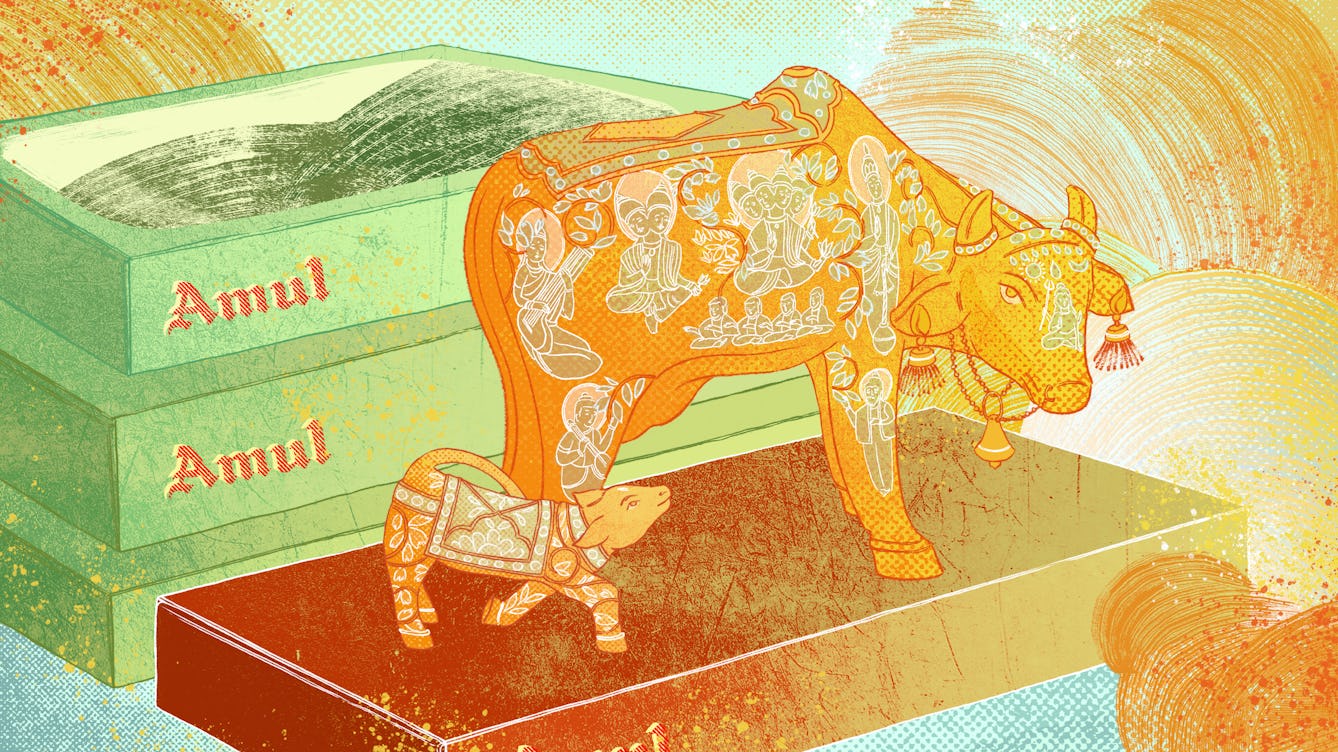
- Article
- Article
Sacred cows and nutritional purity in India
Apoorva Sripathi explores the complex reasons behind India’s recent boom in all things dairy – beginning with a 1970s Western food-aid programme.

- Article
- Article
Tracing the toxic story of tear gas
Investigating tear gas – from factory to Black Lives Matter protest – Imani Jacqueline Brown uncovers a toxic legacy where pollution, violence and racism are intimately entwined.

- Article
- Article
Crime drama and the realistic cadaver
Today we are accustomed to the increasingly realistic look of dead bodies in on-screen dramas. Special-effects expert Hildegunn M S Traa reveals how crime and morgue scenes reflect the social idea of death.

- Article
- Article
Fantastic beasts and unnatural history
Find out how a 17th-century compendium of the natural world came to present fantastical beasts –like dragons – as real, living creatures.
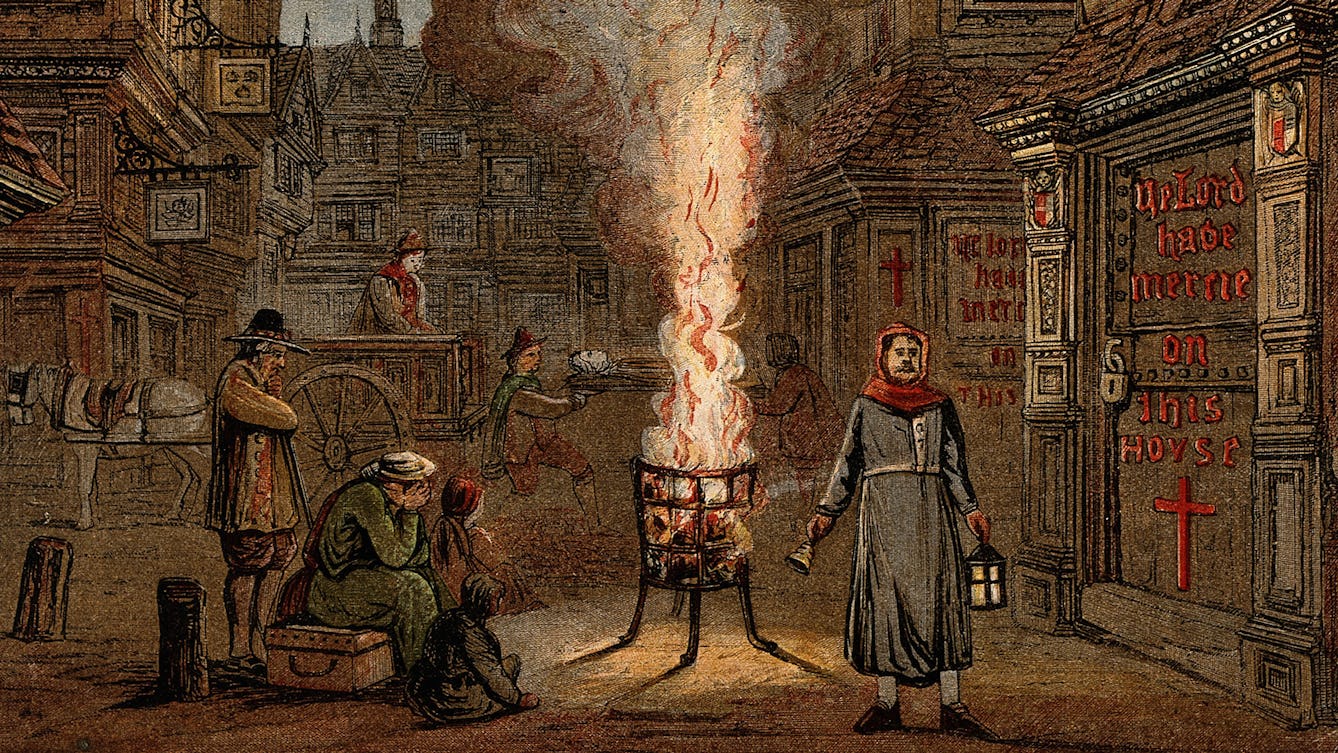
- Article
- Article
The tradesman who confronted the pestilence
The City of London, 1665. As the Great Plague hits the capital, John New faces a deadly dilemma.
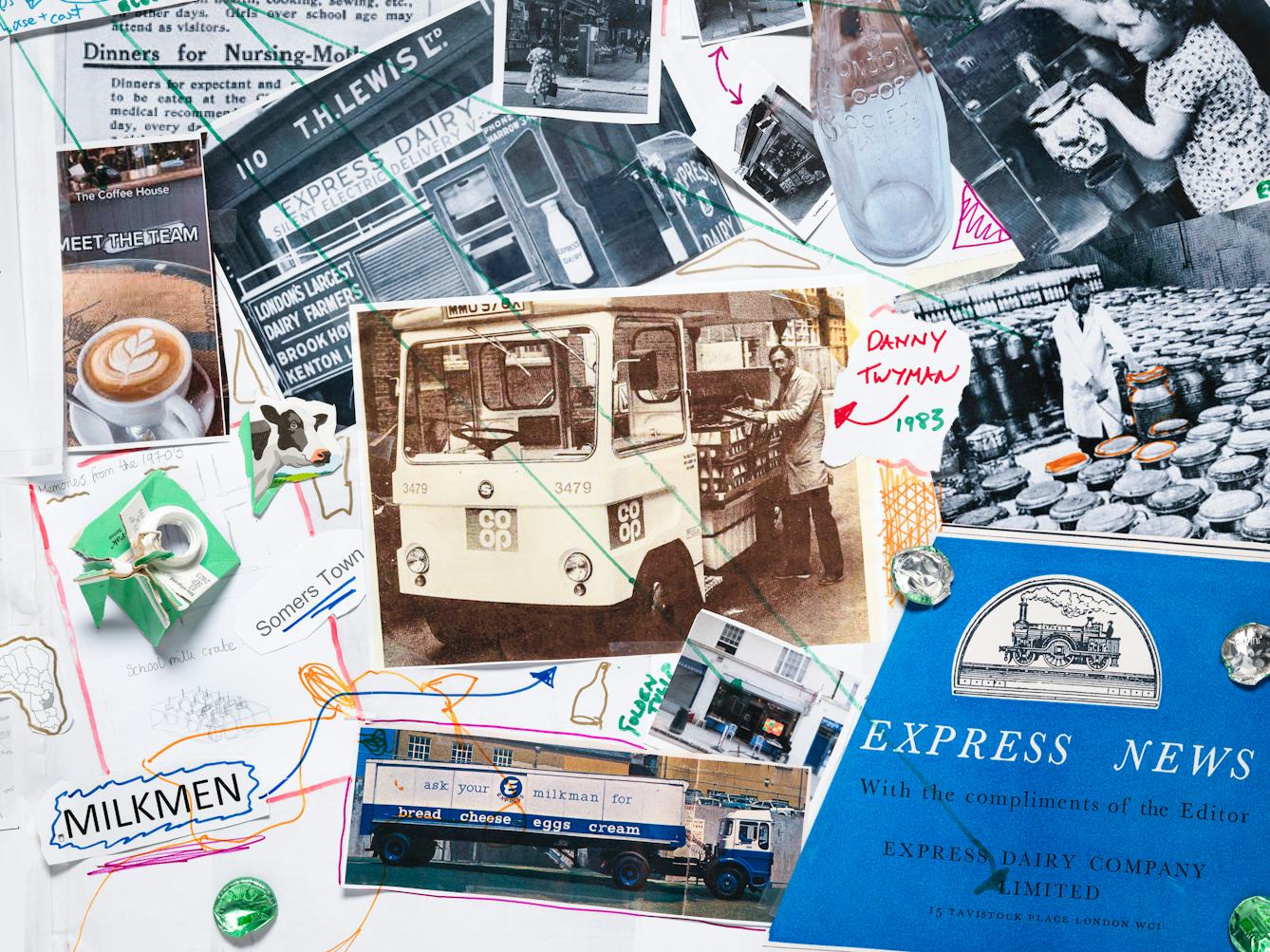
- Article
- Article
Milk trails round Euston
Where cows once grazed near Wellcome Collection in London, baristas now froth their milk. Esther Leslie uncovers Euston’s dairy-based urban history.

- Article
- Article
When you don’t belong, you drink
In the third part of her exploration of belonging, Tanya Perdikou unpicks the addictions that have shaped her past and uncovers the connections that make recovery possible.

- Article
- Article
We are from here, but not from here
Novelist JJ Bola on being a refugee with a British passport and what that placenessless means for a search for identity.

- Article
- Article
Delusional recycling and the problem with plastic
Many of us are guilty of wishful thinking when it comes to our rubbish. Arianne Shahvisi exposes shaky recycling infrastructure and overseas dumping, arguing for an end to waste colonialism.
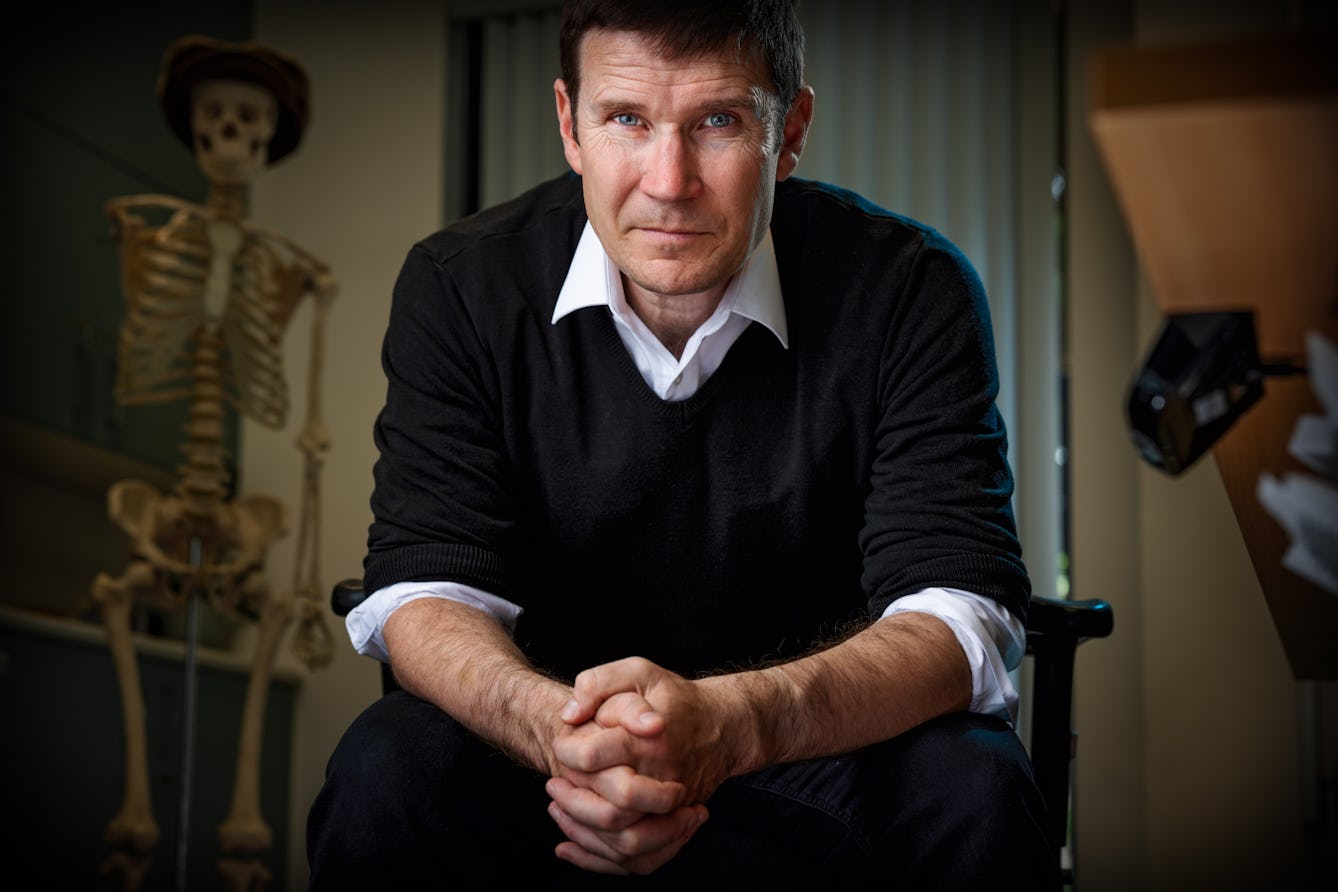
- Book extract
- Book extract
Why the NHS is worth saving
In this extract from his latest book, ‘Free For All’, Dr Gavin Francis poses challenging questions to be addressed if a health service that’s free for all at the point of use is to remain possible.

- Article
- Article
Death and our digital ghosts
When we die, our data lives on. And as companies are increasingly spotting money-making opportunities from digital legacies, now could be the time to think about – and control – yours.

- Article
- Article
Robinson Crusoe and the morality of solitude
Robinson Crusoe, fiction’s most famous castaway, was certainly isolated, but did he suffer the intrinsically modern affliction of loneliness?
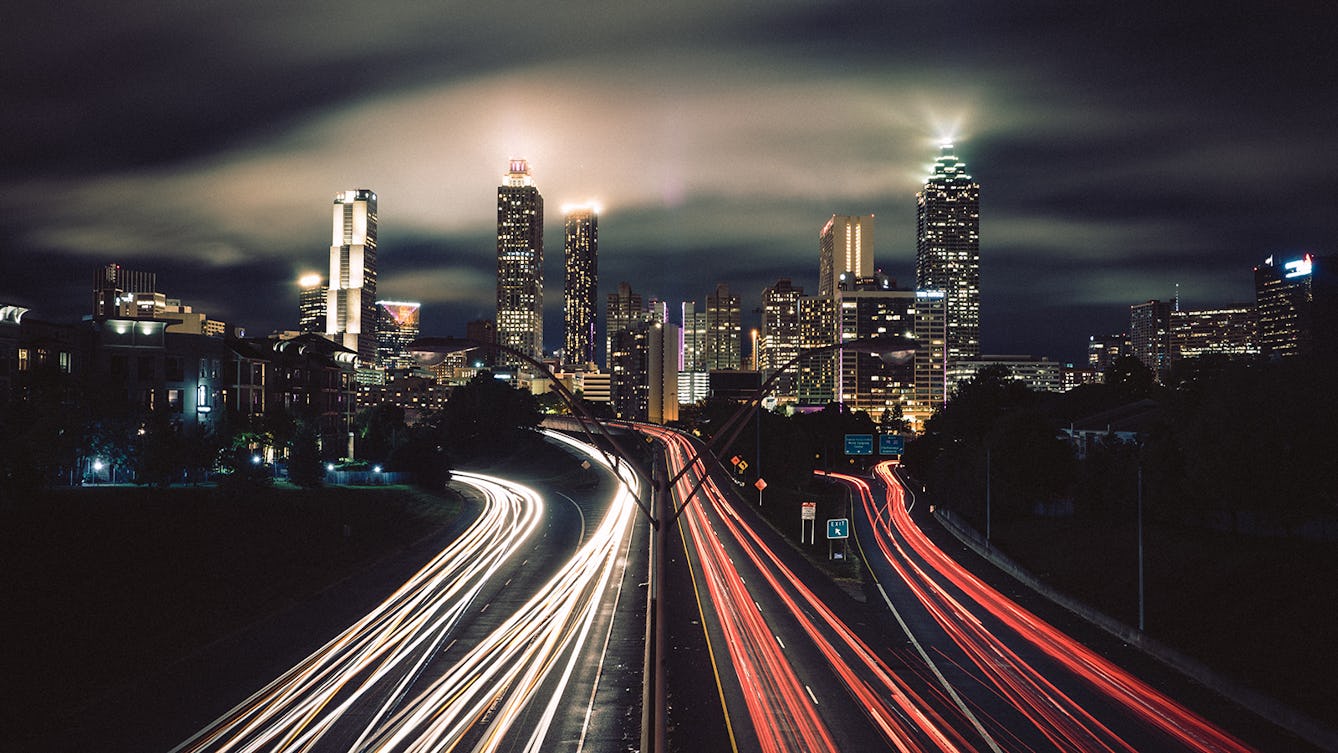
- Article
- Article
How light pollution affects our circadian rhythms
Too much of the wrong sort of light can send our natural cycles off-kilter – is city life messing with your circadian rhythm?
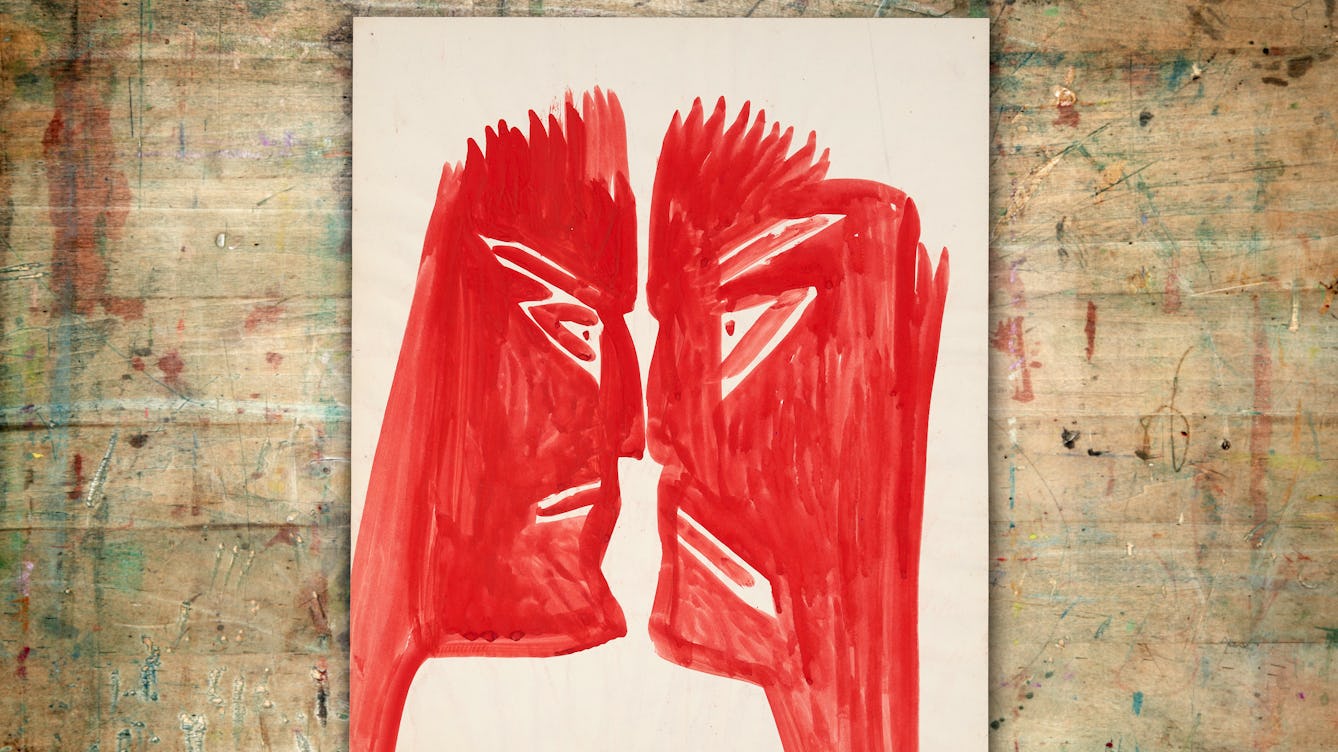
- Article
- Article
Mary Bishop and the surveillant gaze
Writer and artist Rose Ruane explores the paintings of Mary Bishop, created during a 30-year stay in a psychiatric hospital, which speak of constant medical surveillance and censorious self-examination.

- Long read
- Long read
Healthy scepticism
Healthcare sceptics – like those opposed to Covid-19 vaccinations – often have serious, nuanced reasons for doubting medical authorities.